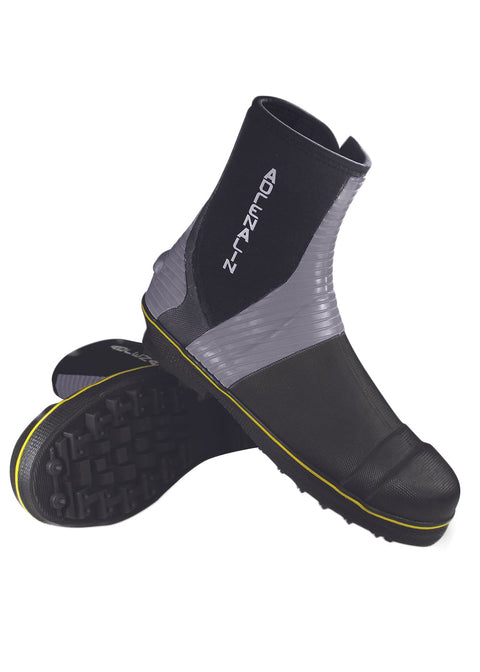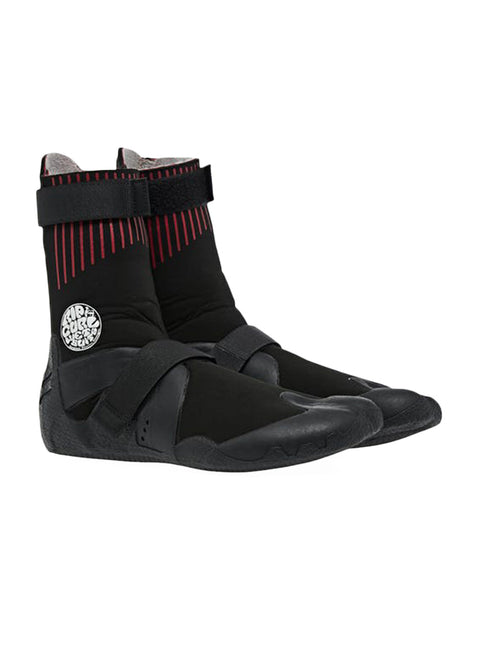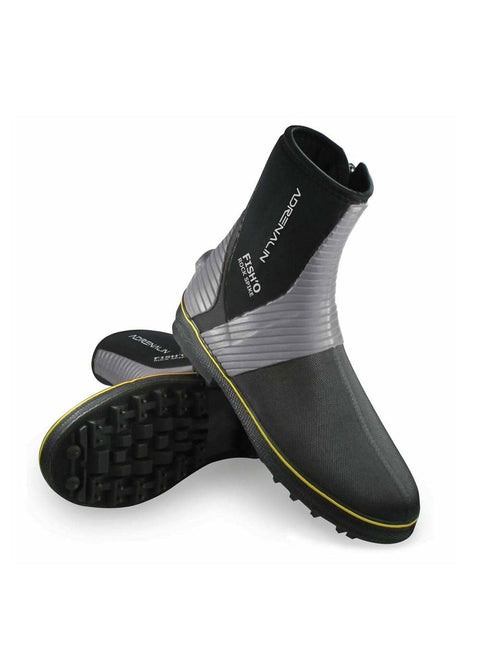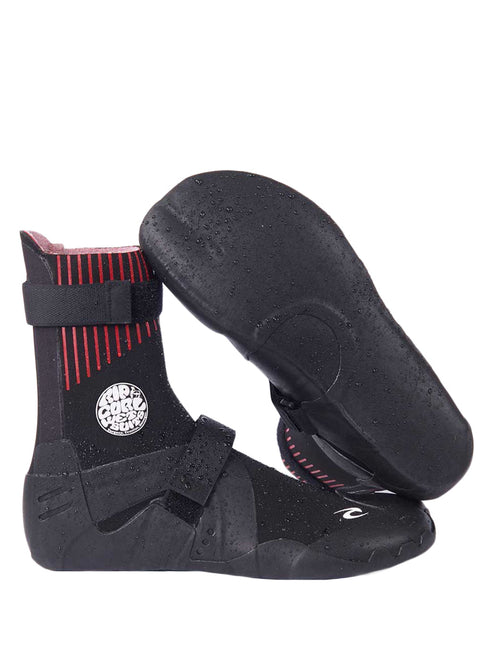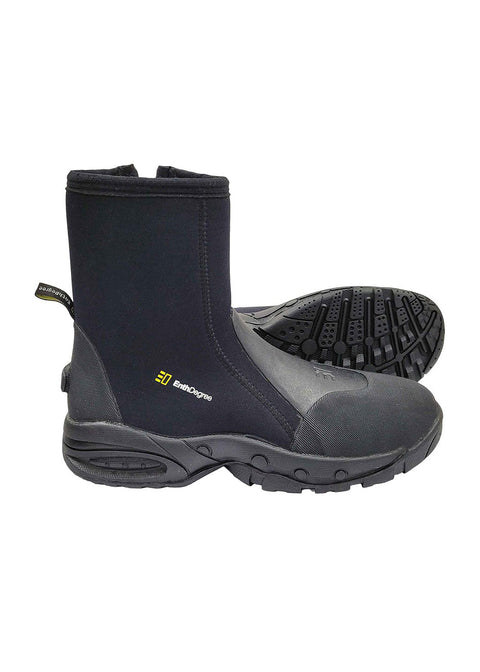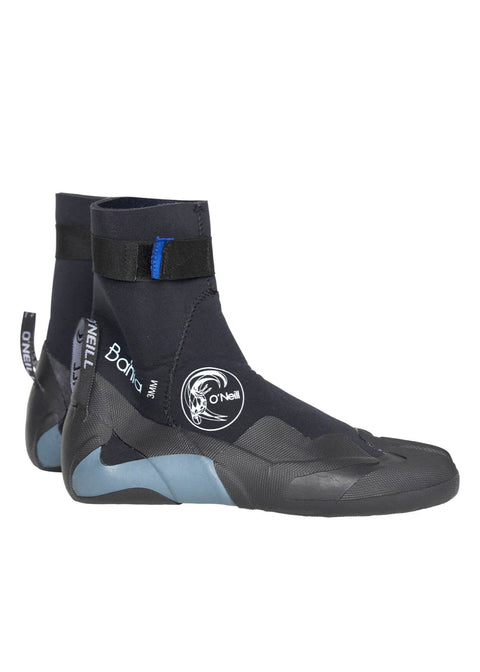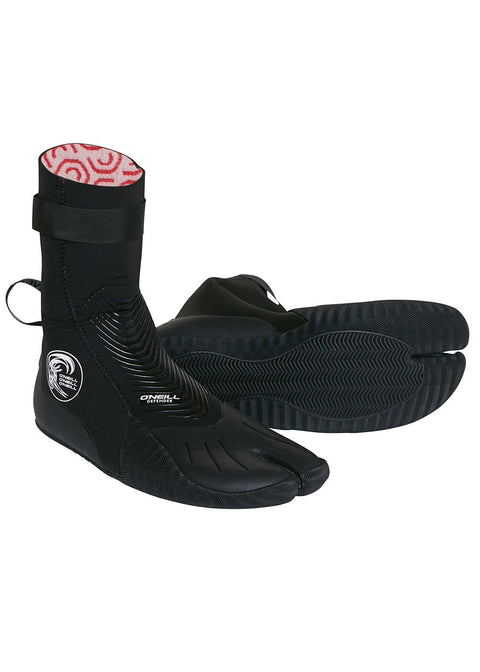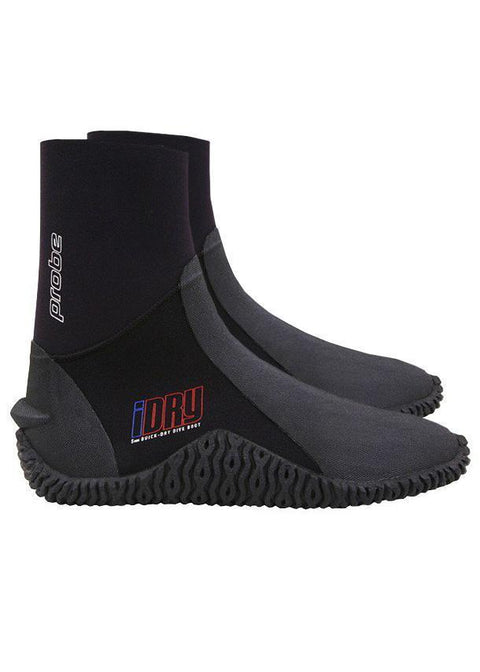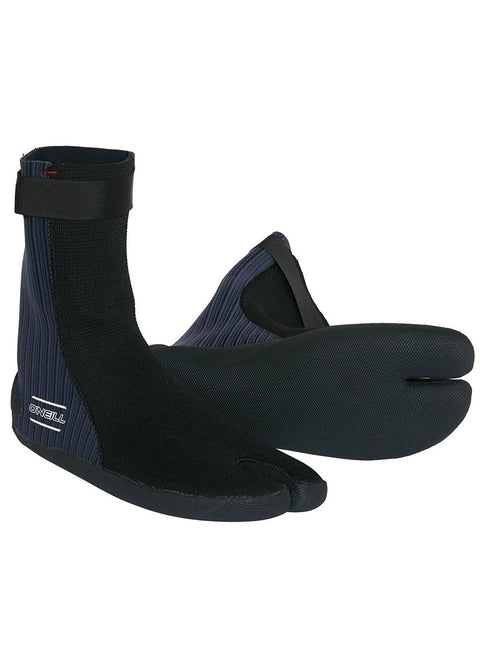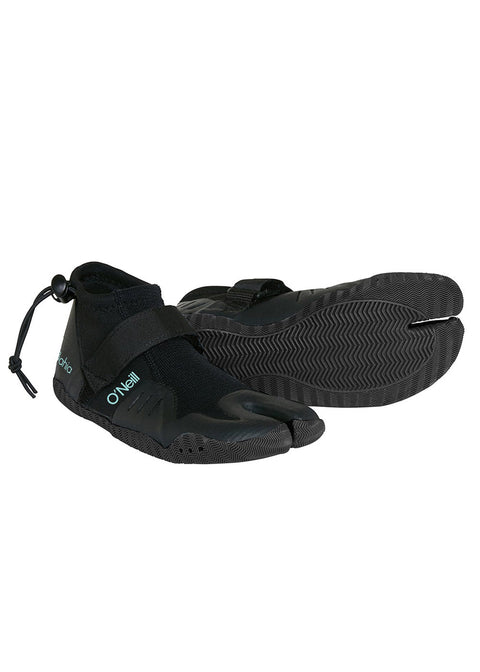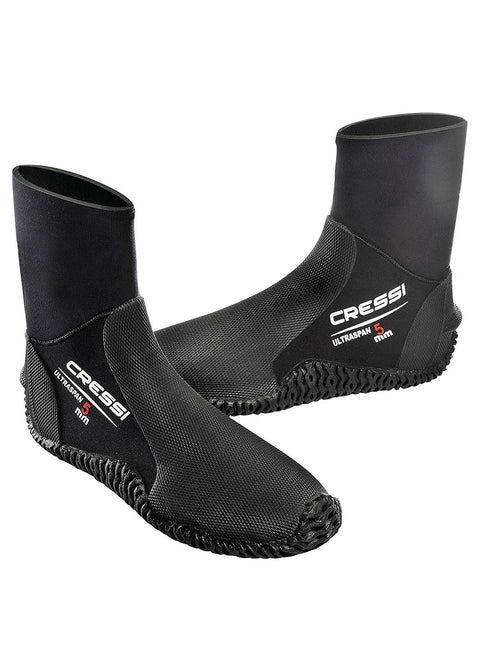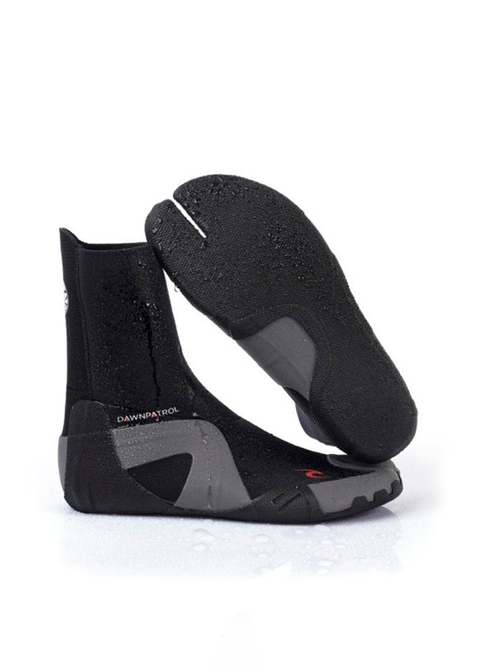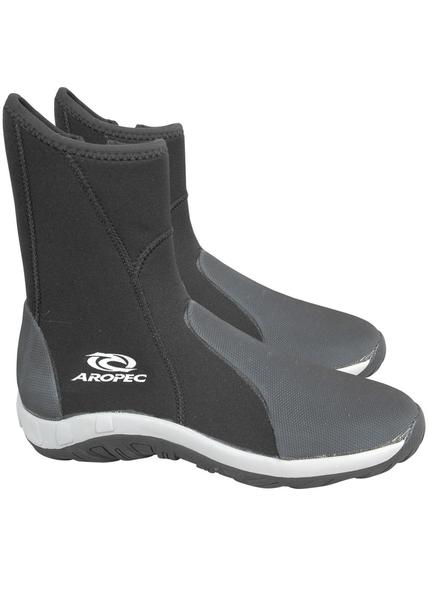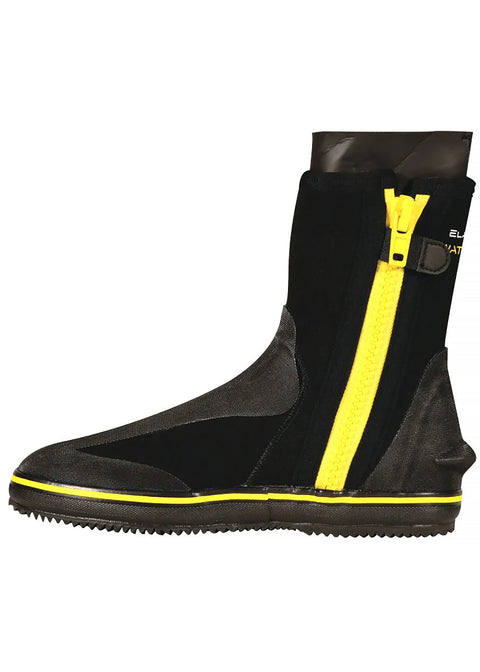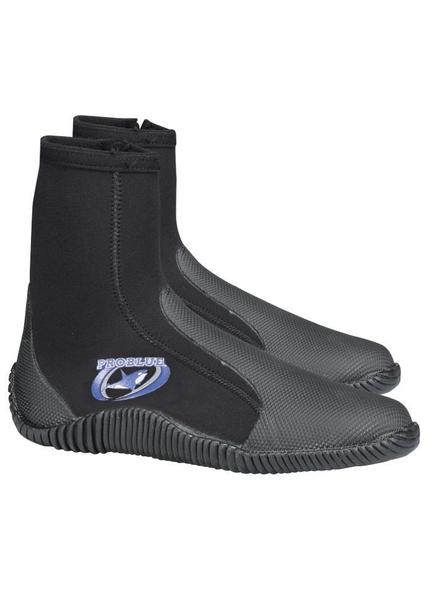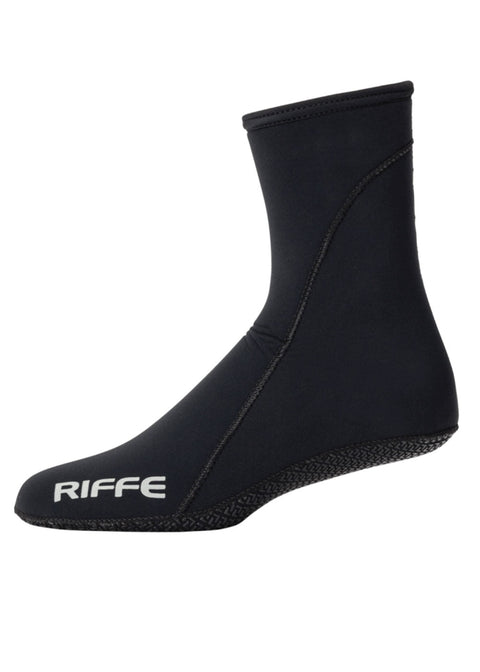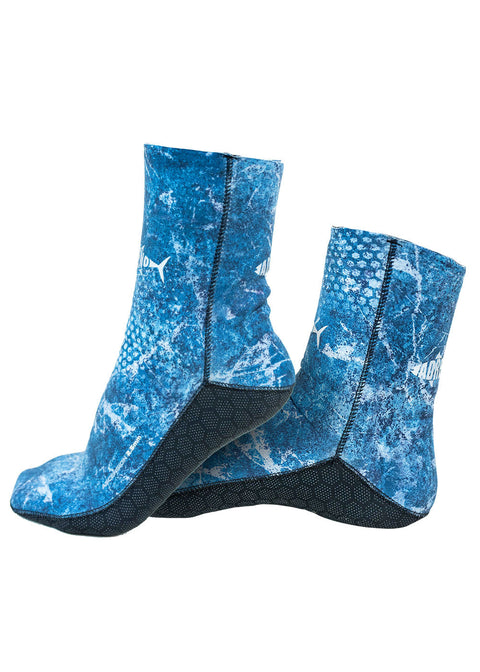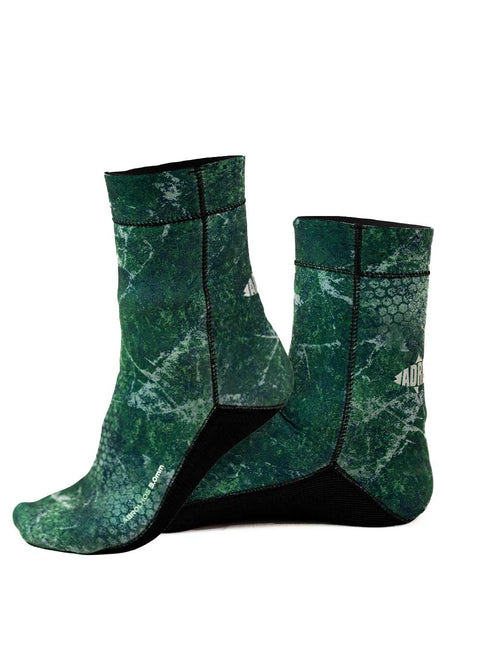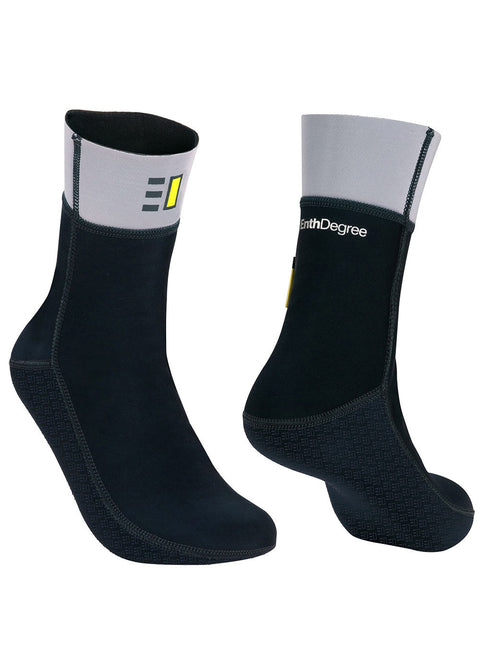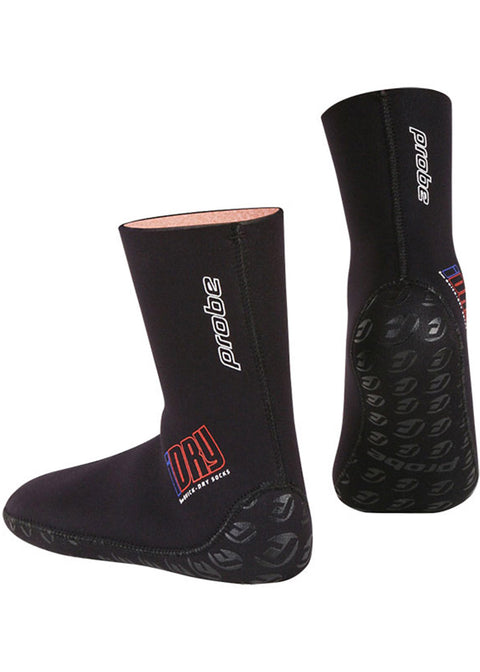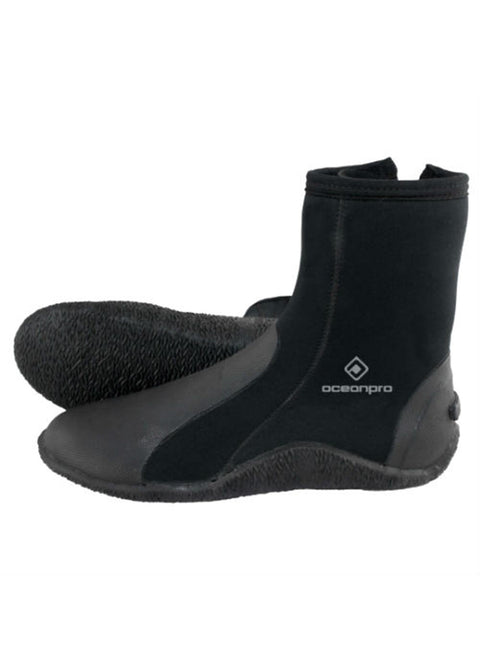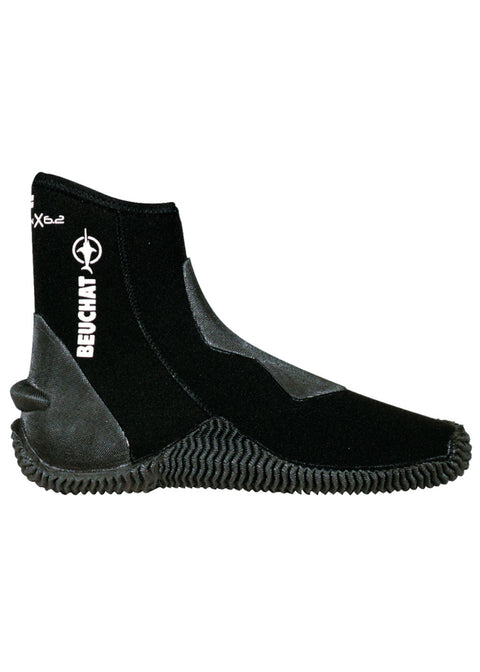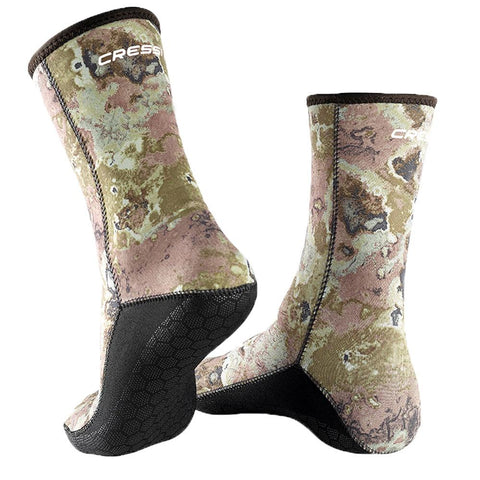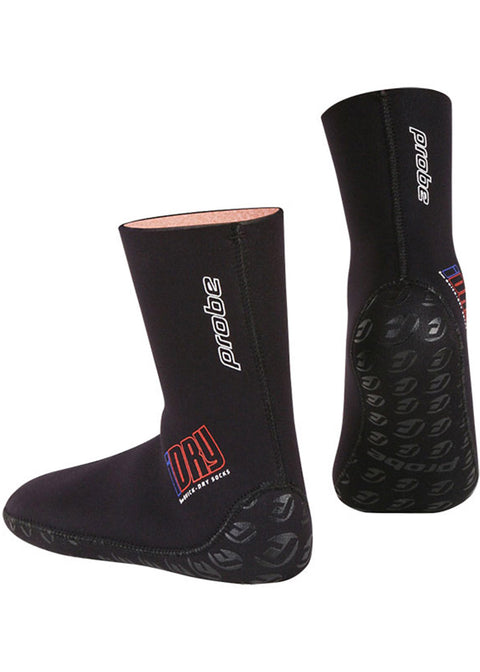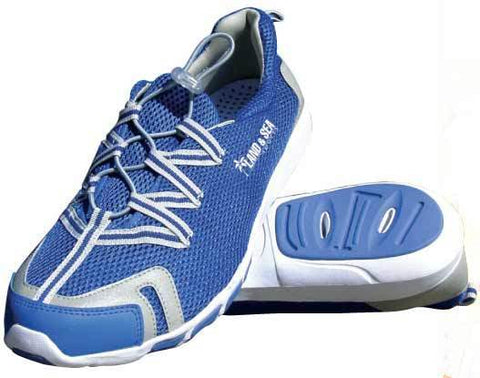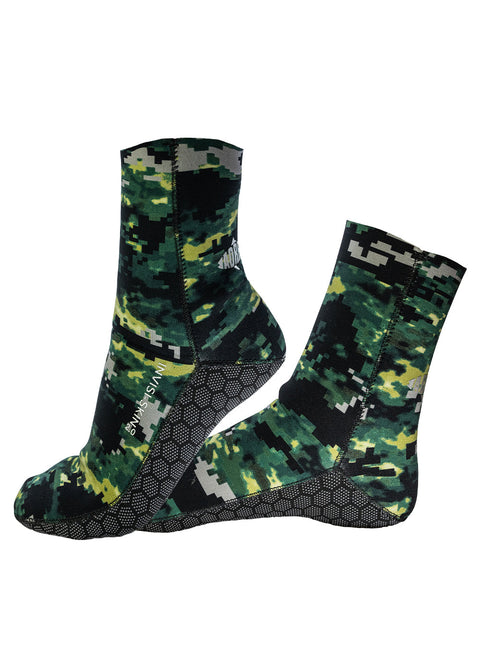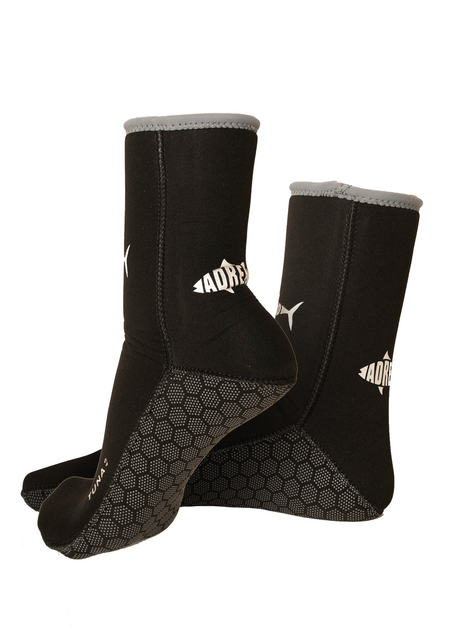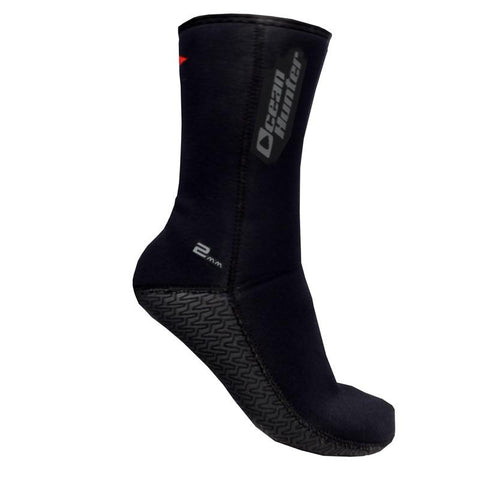Womens Wetsuit Boots
Wetsuit Boots go on your feet, that is for sure, but there are three different applications that require boots and these are surfing, scuba diving (open-heel flippers) and rock... Read More

Womens Wetsuit Boots
Wetsuit Boots go on your feet, that is for sure, but there are three different applications that require boots and these are surfing, scuba diving (open-heel flippers) and rock fishing etc. Wetsuit Boots are defined by their neoprene material with a rubberised sole and zip/velcro fasteners. With this in mind one can begin to understand how a boot becomes specialised for a given activity but we've gone into brief detail below.
Most boots are sized in US Mens, to convert womens simply add +1.5
What's the difference between a Wetsuit Boots?
Wetsuit boots have rubberised soles for walking on and using inside open-heel scuba diving flippers. Surf Boots are flexibile and have very thin soles to give the wearer a good amount of board-feel whereas scuba boots are typically thick and hardy.
Surf Booties have a rubberised sole designed to be warm and flexible but with a very snug fit so you don't lose board feel.
Diving boots are designed to go inside open-heel fins to accommodate for both comfort but protection when you're getting back on the boat. These boots have a sole, much like rock hoppers, as you want to be able to walk around on the boat or rocky shoreline before/after your scuba dive.
Rock Hoppers/Fishing boots, or watershoes, are designed to protect your feet from sharp rocks and retain heat but as a result they are not very flexible. Low flexibility can aid in rock hopping by giving you more support.



